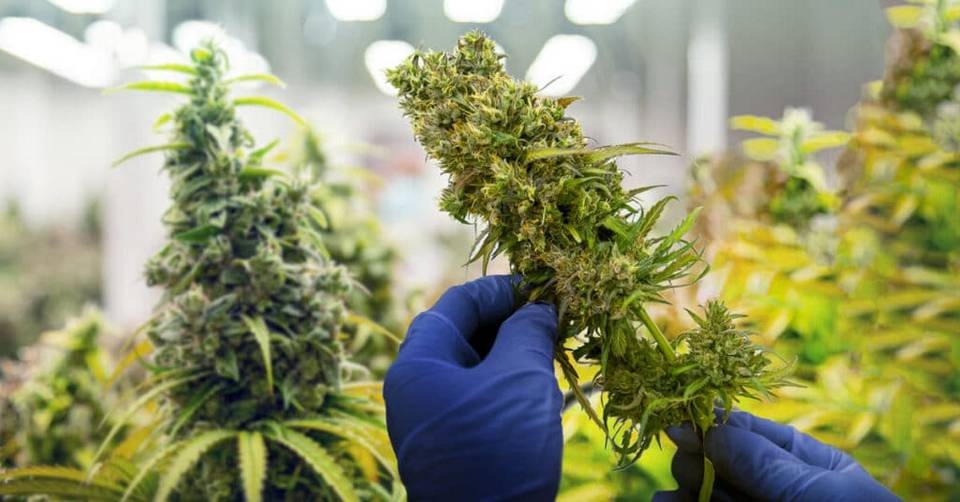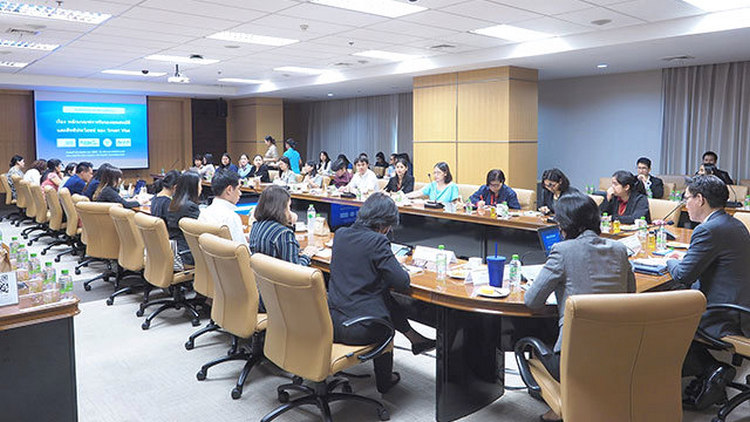
If soft power is the ability of nations to influence others by persuasion and attraction, then Thailand is leading the pack. If India has its yoga, Bollywood and stylish curries, then Thailand has its cute zoo animals, same sex unions (coming soon) and licensed casinos (coming later). All this on top of the commerce minister's "Ignite Thailand", a fiery boost to the national coffers through international festivals of music, art, fashion, food and the like.
The term soft power, coined by American writer Joseph Nye in 1990, has been especially promoted in Thailand. It emphasizes a global smiling face which, for example, contrasts strongly with China's wolf-warrior foreign policy which threatens military doom against perceived enemies: thus Beijing cancelled the arrival of South Korean boy bands because Seoul militarily supports the United States.
Thailand is currently emphasizing visa policy as soft power: tourists can enter for 60 days visa-exempt, whilst the Destination Thailand Visa welcomes digital nomads, cookery enthusiasts and those with hospital appointments. Yet ambiguities persist. The plan to insist all visa-exempt tourists obtain pre-visit online permission has now been postponed, but not cancelled. Apparently, the likely confusion amongst millions of Indian and Chinese wannabe tourists has not been thought out.
The DTV is notably weak on details, especially whether documentation will need to be updated over the notional five years tenure. Since the immigration bureau, which will actually implement the system has been silent, it's all guess work. Hardly soft power. Nor is the recent revival of the messy and controversial scheme to tax foreigners, but not Thais, 300 baht for every visit they make here. Most expats as well as tourists will be caught in the web.
Visas, entry rules and extensions of stay are the Achilles heel in the marketing debate. Not to mention the policy to tax some overseas income transmitted to Thailand since January 2024 and the devilish plan (which requires a change in the law) to tax worldwide income from next year whether transmitted or not. The current panic and confusion about taxation for residents – living here for 180 days or more in a calendar year – is arguably without precedent in Thai immigration history. Soft power is always at serious risk when bad news is the headline talking point.




















